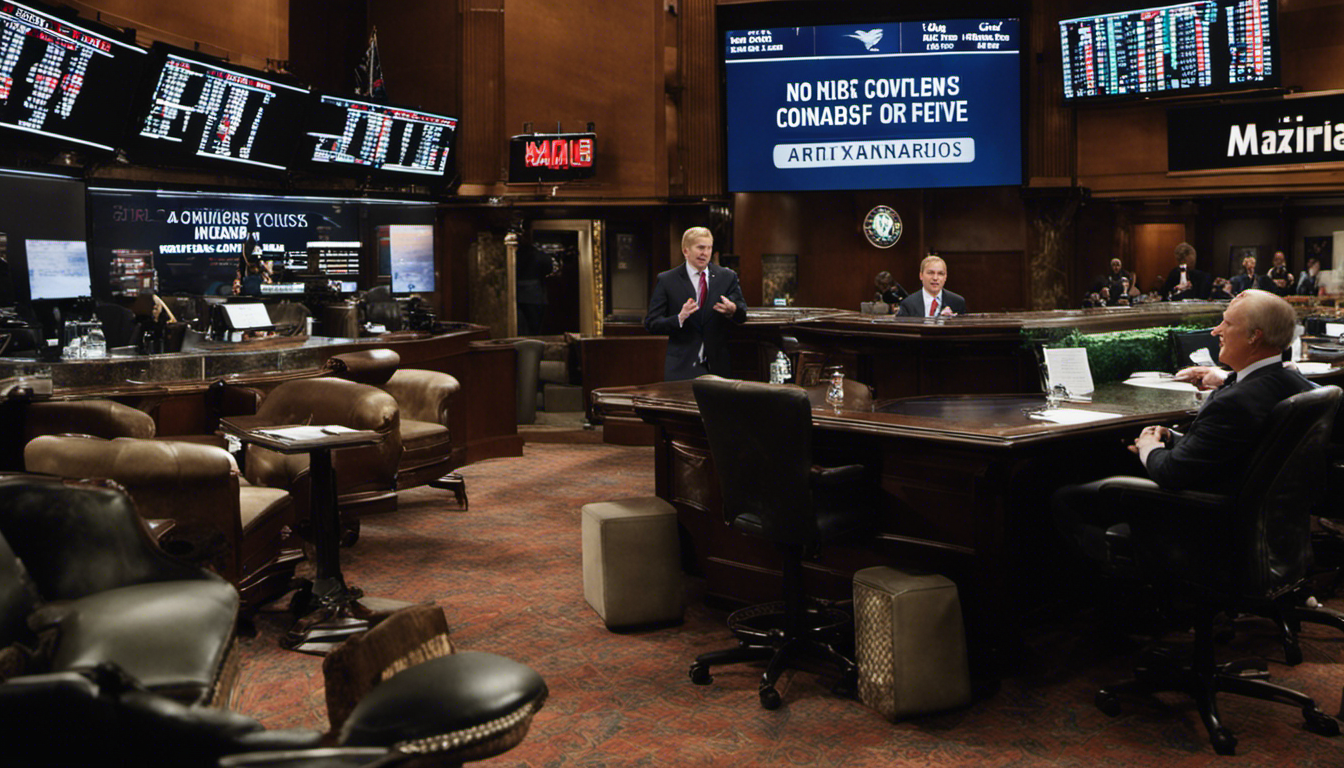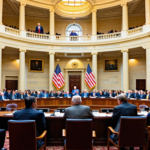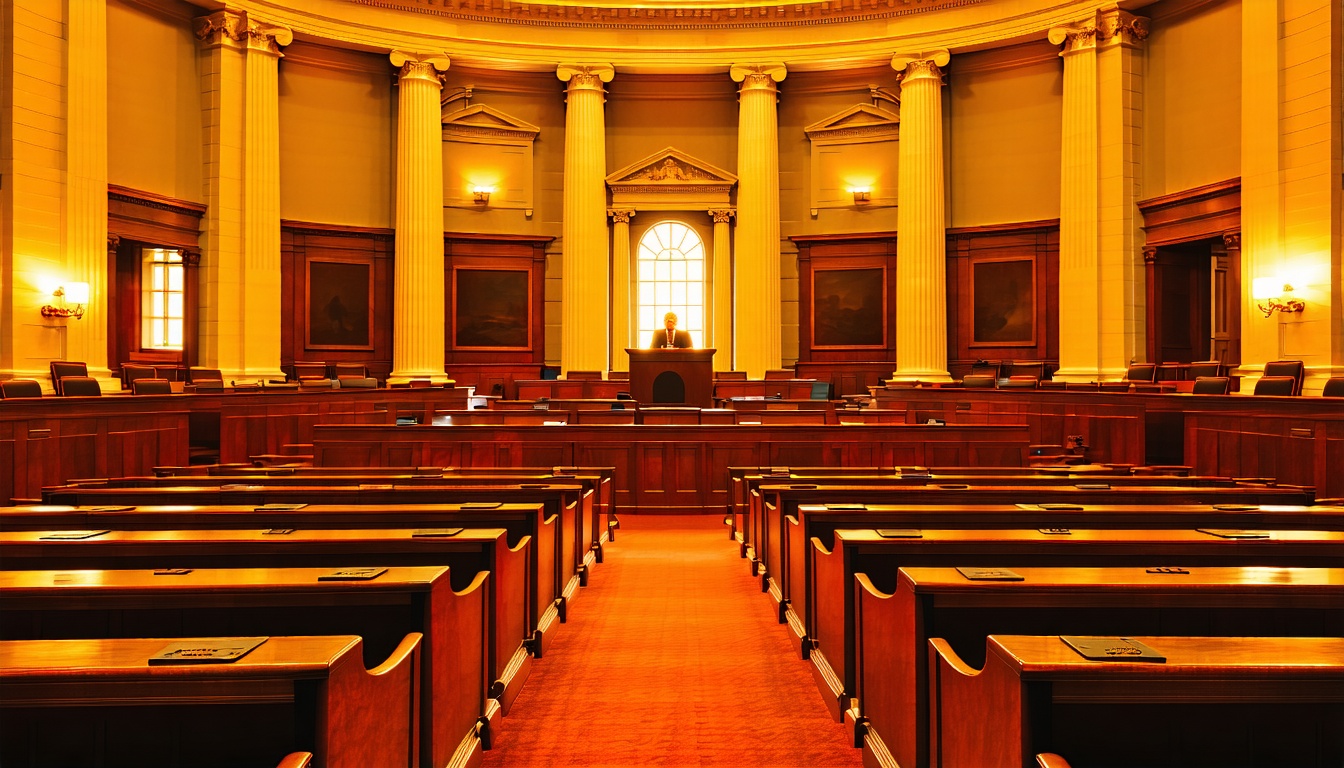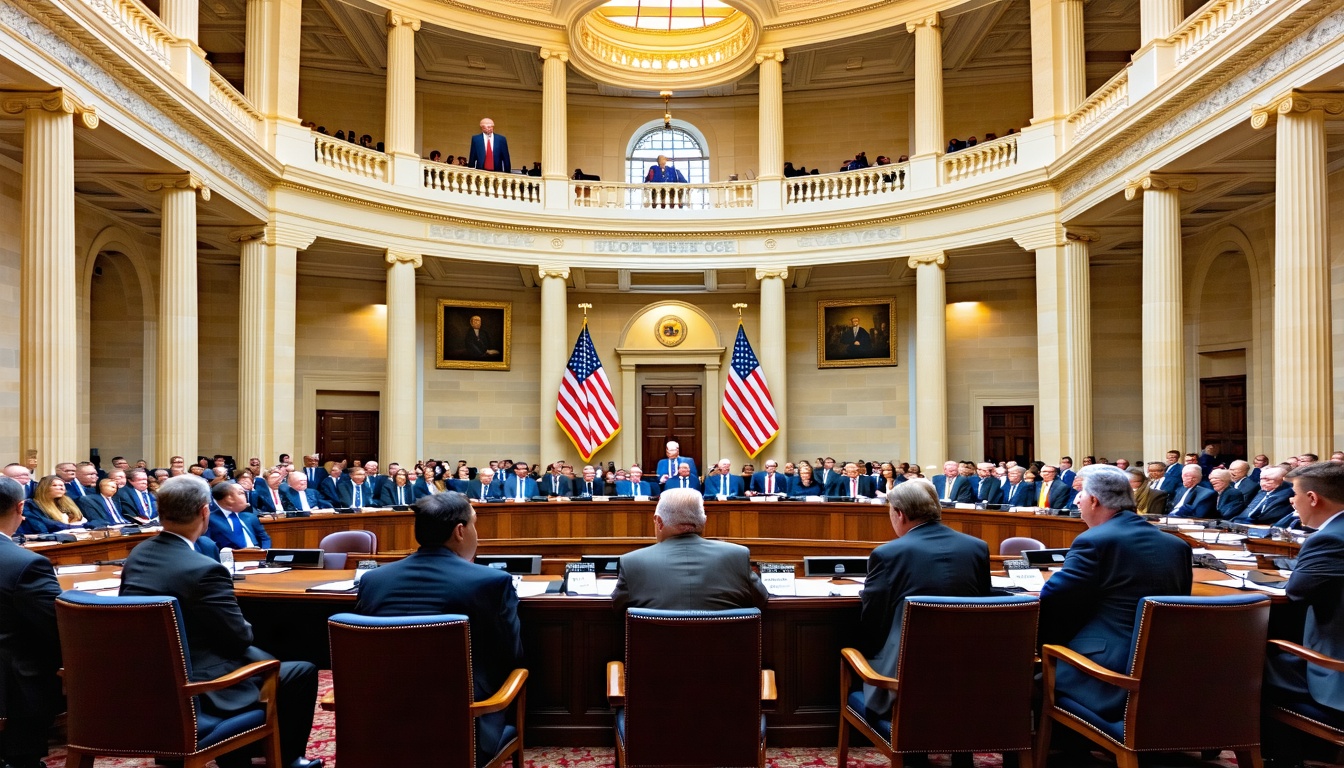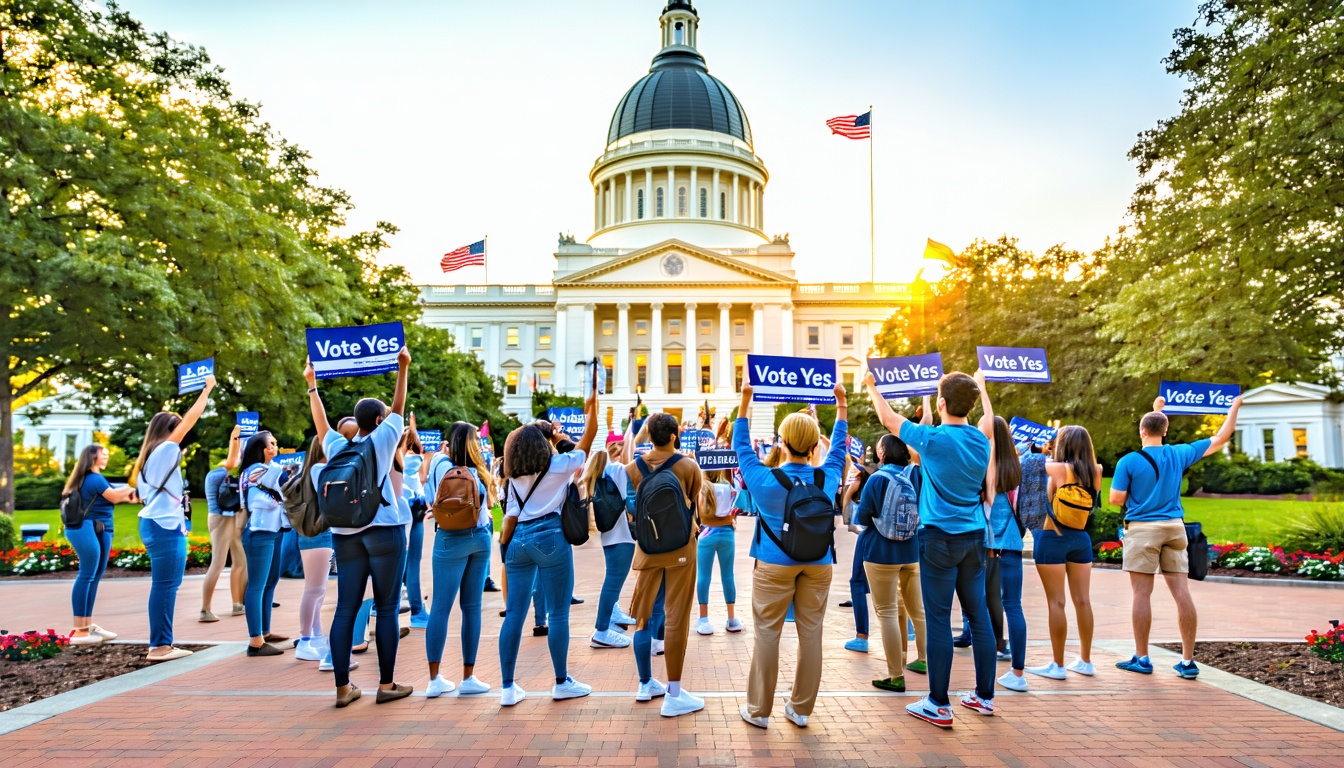US Senators Team Up with Prohibitionists to Block Tax Relief for Cannabis Businesses
Two Republican senators, James Lankford and Pete Ricketts, have introduced a bill that aims to prevent licensed cannabis businesses from deducting ordinary business expenses from their taxes, even if cannabis is rescheduled to a less restrictive category. The bill, known as the “No Deductions for Marijuana Businesses Act,” would effectively block potential tax relief for cannabis companies, according to Section 280E of the Internal Revenue Code.
Currently, cannabis businesses are unable to deduct expenses such as payroll, rent, and utilities from their taxable income because cannabis is classified as a Schedule I drug under the Controlled Substance Act. This has resulted in a significant tax burden for many cannabis companies, with some paying over $100 million in federal taxes per year.
However, if cannabis is rescheduled to a Schedule III substance, as recommended by the US Health and Human Services Department and proposed by the Department of Justice under President Joe Biden’s administration, the 280E tax burden would be eliminated. The senators’ bill would prevent this tax relief from being implemented, regardless of the outcome of the rescheduling process.
Lankford and Ricketts are working with the prohibitionist group Smart Approaches to Marijuana (SAM) to push for the bill. SAM’s president and CEO, Kevin Sabet, claims that the federal government should not provide tax relief to the “federally illegal, addiction-for-profit marijuana industry.” Sabet also hailed the bill for its intent to prevent $2.3 billion in “tax cuts” for the cannabis industry, although he failed to mention that most cannabis businesses are not profitable.
The bill is the latest attempt by Lankford and Ricketts to restrict the cannabis industry. In July 2024, they led a coalition of 25 GOP lawmakers in condemning the DOJ’s rescheduling proposal, claiming it was based on politics rather than science. The proposal was recommended by the HHS after a scientific and medical evaluation, which determined that cannabis has “currently accepted medical value” and does not belong in Schedule I.
The fate of the bill is uncertain, as there is no guarantee that the federal government will reschedule cannabis under the current proposal. The DEA’s chief administrative law judge granted an interlocutory appeal, sending the proposal to the DEA administrator, and the Trump administration has since taken office.

